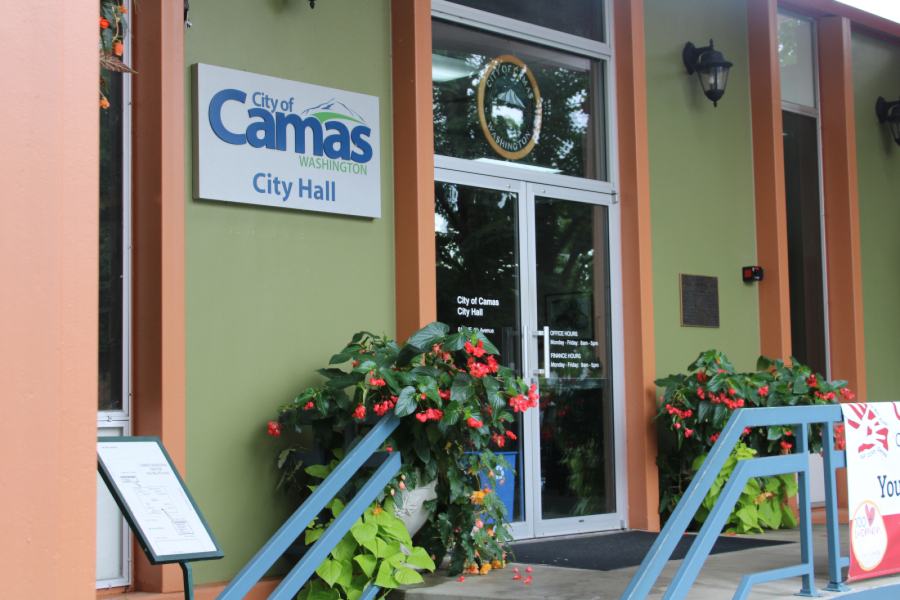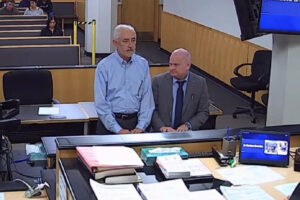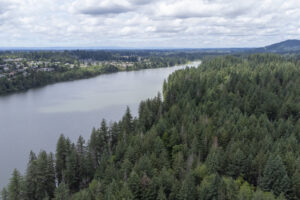The Camas City Council is expected to pass a resolution this month that would help protect the privacy of people who provide public comments during public city meetings.
If approved, the new resolution would require people who speak during the council’s public comments period — or provide written comments — give their city of residence, but would make giving a physical street address optional.
Councilmembers discussed the issue during their Jan. 18 workshop and will likely vote on the resolution during the Feb. 7 council meeting.
The city’s interim city administrator, Jeff Swanson, told councilmembers on Jan. 3, that some people had “expressed concern about giving their address when offering public comment on the record.”
Councilman Greg Anderson said city officials would still need to know if the people commenting on a Camas-specific issue were residents of the city, and added that there are some addresses in the area that have Camas postal addresses but are, in reality, not in the city limits.





